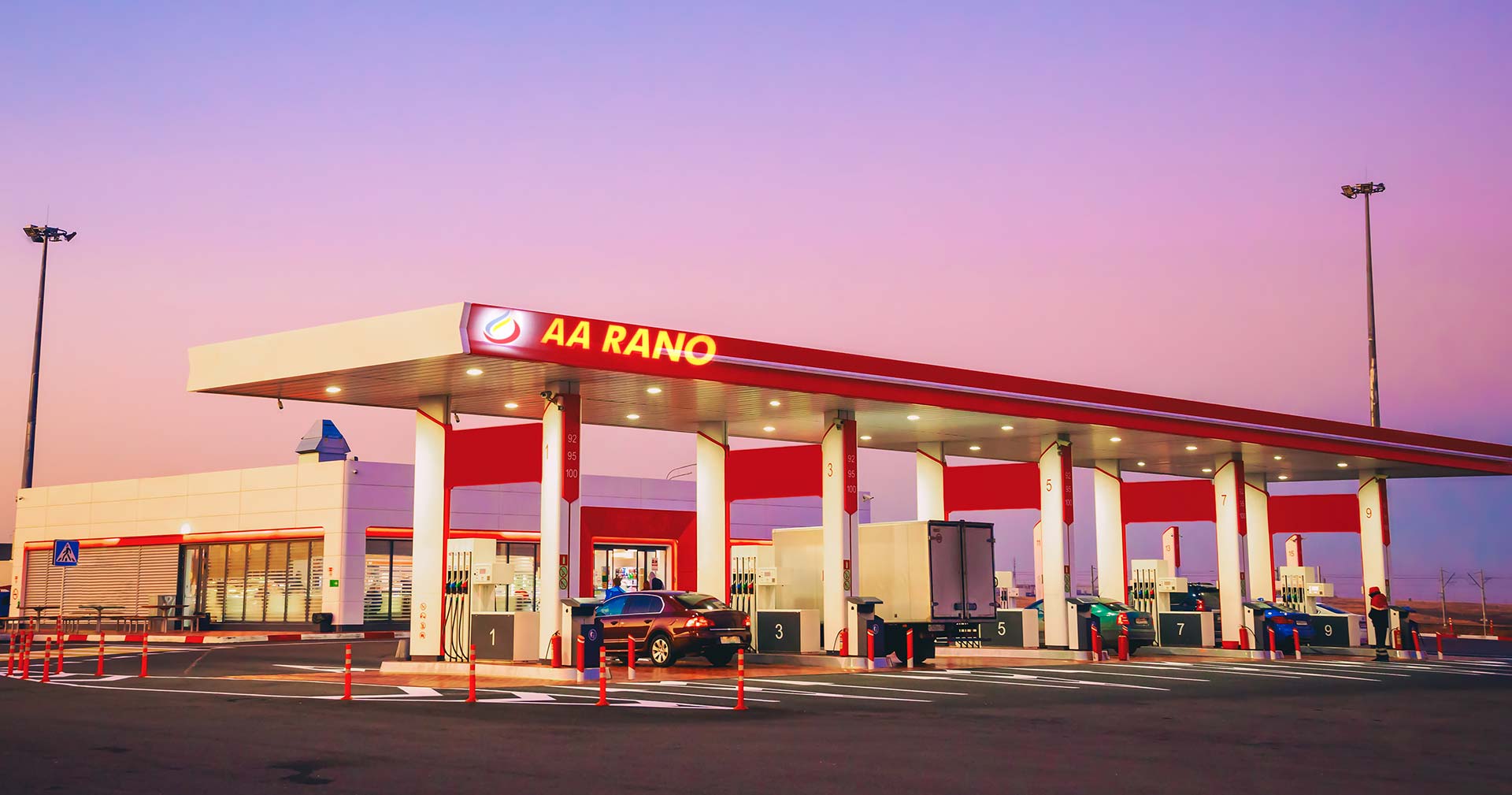
The Programme Director and Chief Executive of the Presidential Committee on the Compressed Natural Gas Initiative (Pi-CNG), Michael Oluwagbemi, has announced the company plans to establish a CNG manufacturing hub in Ajaokuta, Kogi State, within the coming months after securing 10 hectares of land.
Speaking during a panel discussion titled “From Policy to Practice: Strengthening Domestication for Economic Development” at the 13th Practical Nigerian Content Forum in Bayelsa State, Oluwagbemi called on the Nigerian Content Development and Monitoring Board (NCDMB) to collaborate on the development of the Ajaokuta CNG hub under the Nigeria Oil and Gas Park Scheme (NOGaPS).
He explained that the objective of increasing the number of conversion centers is to enable the conversion of petrol cars to compressed natural gas (CNG) vehicles, thereby creating a robust market for CNG stations.
Oluwagbemi further disclosed that the number of CNG conversion centers has surged to 158 in 2024, up from just seven in 2023—an increase of over 2,000 percent. Additionally, Pi-CNG plans to expand the number of conversion centers by another 1,000 to better meet the growing demands of CNG stakeholders.
“We are planning to establish a CNG manufacturing hub in Ajaokuta, Kogi State, where 10 hectares of land have already been secured. Five key components of the kits, such as flexible pipes, filters, and valves, can be manufactured locally.
“The goal of increasing the number of conversion centres is to facilitate converting petrol cars to compressed natural gas (CNG) vehicles, creating a robust market for CNG stations.
“The conversion cost, including kits and services, is approximately ₦1 million per vehicle. With a target of converting five million vehicles, this represents a ₦5 trillion market opportunity.
“Even the Electronic Control Unit (ECU) can be developed through reverse engineering. We are already in discussions to make this a reality,” he said.






